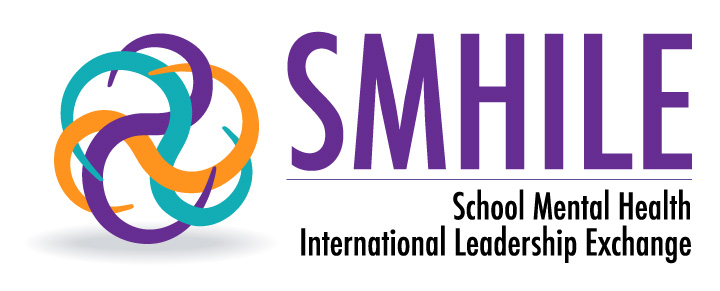Mission
The mission of SMHILE is to promote effective school mental health internationally by bringing together leaders from regions and countries across the world to share knowledge; co-create dissemination and leadership strategies; and signal best research, policy, and practice directions for the field. SMHILE will offer a credible and authoritative international resource on topics related to school mental health leadership, including a focus on workforce development; interdisciplinary and cross-system collaboration; family, student and stakeholder involvement; implementation of evidence-based practices; and quality assurance.
Vision
SMHILE will promote mental health and well-being among students across the world by providing school mental health professionals, advocates, and scholars the knowledge, resources, and connections they need to be effective local, regional and/or national leaders in school mental health.
Values/Commitments
SMHILE is committed to:
* Sharing knowledge and co-creating resources
* Focused, goal-directed activities
* Mobilizing networks and activities
* Promoting research-informed strategies and practices
* Advancing effective implementation approaches
Goals
Short-Term
A central focus of SMHILE is to develop the capacity of individuals who wish to lead local, regional and/or national efforts to develop and sustain effective school mental health capacity building and implementation efforts. In the short-term, SMHILE will establish the foundations for a dynamic, sustainable organization of international leaders in school mental health that can promote sharing of knowledge, effective advocacy, and collaboration on research and development. This includes determining structures, processes, membership, communication strategies, and a shared action agenda.
Longer-Term
Using a variety of knowledge exchange platforms, SMHILE aims to become a global resource for leadership and implementation in school mental health.
History
SMHILE has its roots in the foundational work of the International Alliance for Child and Adolescent Mental Health and Schools (Intercamhs). This organization was launched in 2003 as a network designed to foster international exchange on topics related to school mental health promotion. Intercamhs led a number of important initiatives, hosted events, and produced reports. These efforts are summarized on the Intercamhs website:
In fall 2013, a group of Intercamhs members suggested that a new entity, with a core focus on leadership and implementation in school mental health , could add value to the field. A core team was assembled to further develop this idea. SMHILE is the result of these efforts.
Core Leadership Team
Dr. Mark Weist (USA, SMHILE Co-Chair)
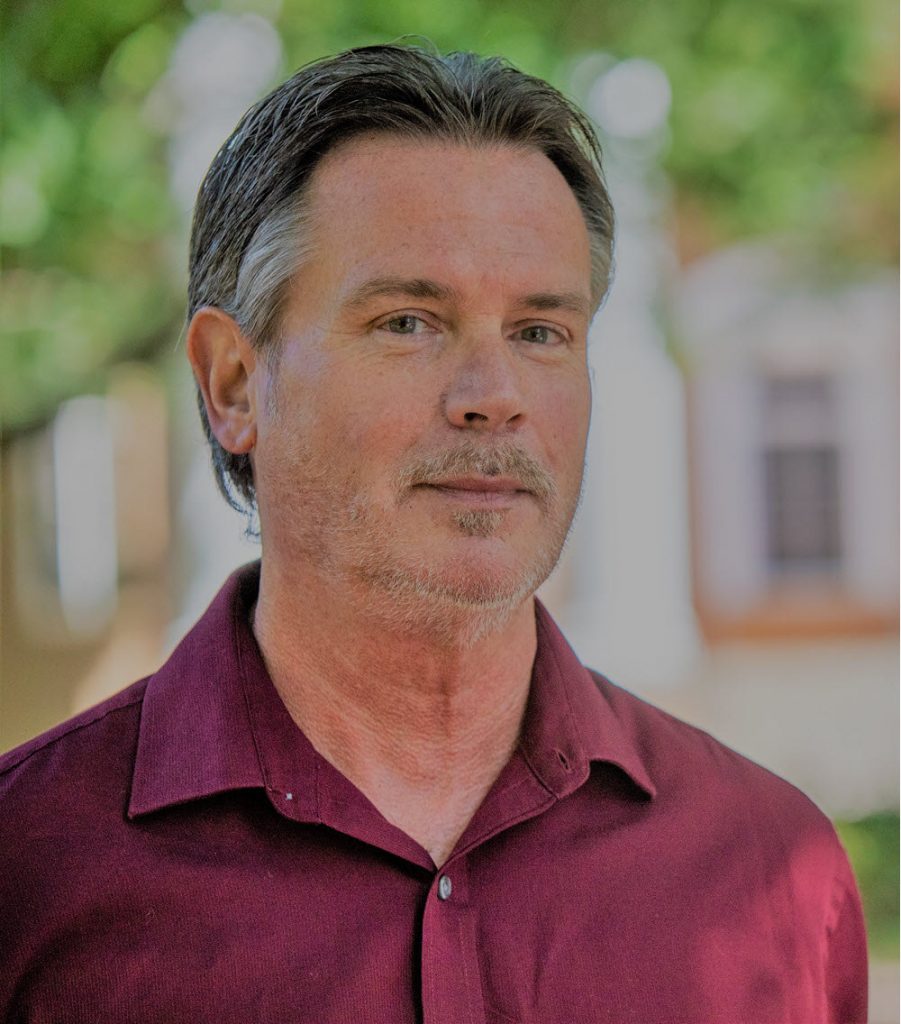
Mark D. Weist received a Ph.D. in clinical psychology from Virginia Tech and completed his predoctoral internship at Duke University Medical Center. He is a Professor in the Department of Psychology at the University of South Carolina. In 1995, with colleagues from the University of Maryland, he established the National Center for School Mental Health. He is also a partner on the National Center on Positive Behavioral Interventions and Supports. He has written and edited countless publications and presented widely in the field of school behavioral health. He currently co-leads the Southeastern School Behavioral Health Community and co-directs the South Carolina School Behavioral Health Academy, an innovative learning management and coaching system to promote knowledge and effective skills for diverse staff and community partners interested/involved in SBH. Since 2013, Mark has co-chaired the School Mental Health International Leadership Exchange and has helped to lead international meetings in around the world.
Dr. Kathy Short (Canada, SMHILE Co-Chair)

Dr. Kathy Short is a Clinical Child Psychologist (University of British Columbia, 1995) with research and practice interests that focus on school mental health promotion, prevention and early intervention services. She is the Executive Director for School Mental Health Ontario, a provincial team that helps Ontario school boards to support student mental health using evidence-based approaches. She was a member of the Mental Health and Addictions Leadership Advisory Council for the Ontario Ministry of Health and Long-Term Care (2015-2017) and chaired the Mental Health Promotion, Prevention and Early Intervention Work Group for the Council. Dr. Short also served on the Ontario Education Research Panel (2009-2012) and the Student Well-Being Advisory Committee (2016-2018) for the Ministry of Education. In addition to provincial leadership in school mental health, Dr. Short is engaged in several national and international projects in this area. For example, she led the Knowledge Translation and Exchange Team for the School-Based Mental Health and Substance Abuse Consortium (Mental Health Commission of Canada), and is currently working with several partners to create a cross-provincial knowledge hub in school mental health.
Dr. Torill Larsen (Norway)
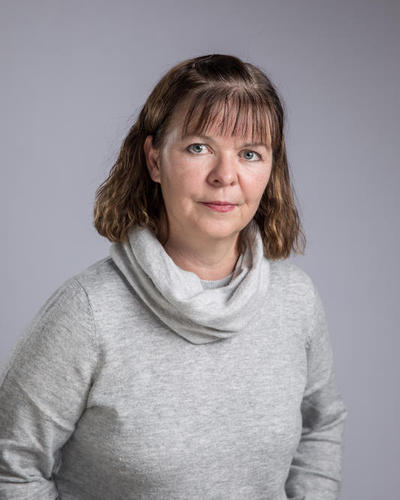
Torill Larsen, Ph.D. is an Associate Professor at the Department for Health Promotion and Development at the University of Bergen, teaching graduate courses in health promotion, implementation, leadership, school interventions, and program evaluation. Her research over the past ten years has been on implementation of health promotion programs among adolescents. She is deputy head of the research group; Social Influence Processes in Adolescent health, a research group that develops competence in applying and developing theories and methods of social and developmental psychology for adolescents. Larsen also has completed a pilot study on the implementation of a health promoting program building on the tenets of positive youth development theory, and has lead an effectiveness study of the same program in upper secondary schools in Norway.
Dr. Rodrigo A Lima (Spain)
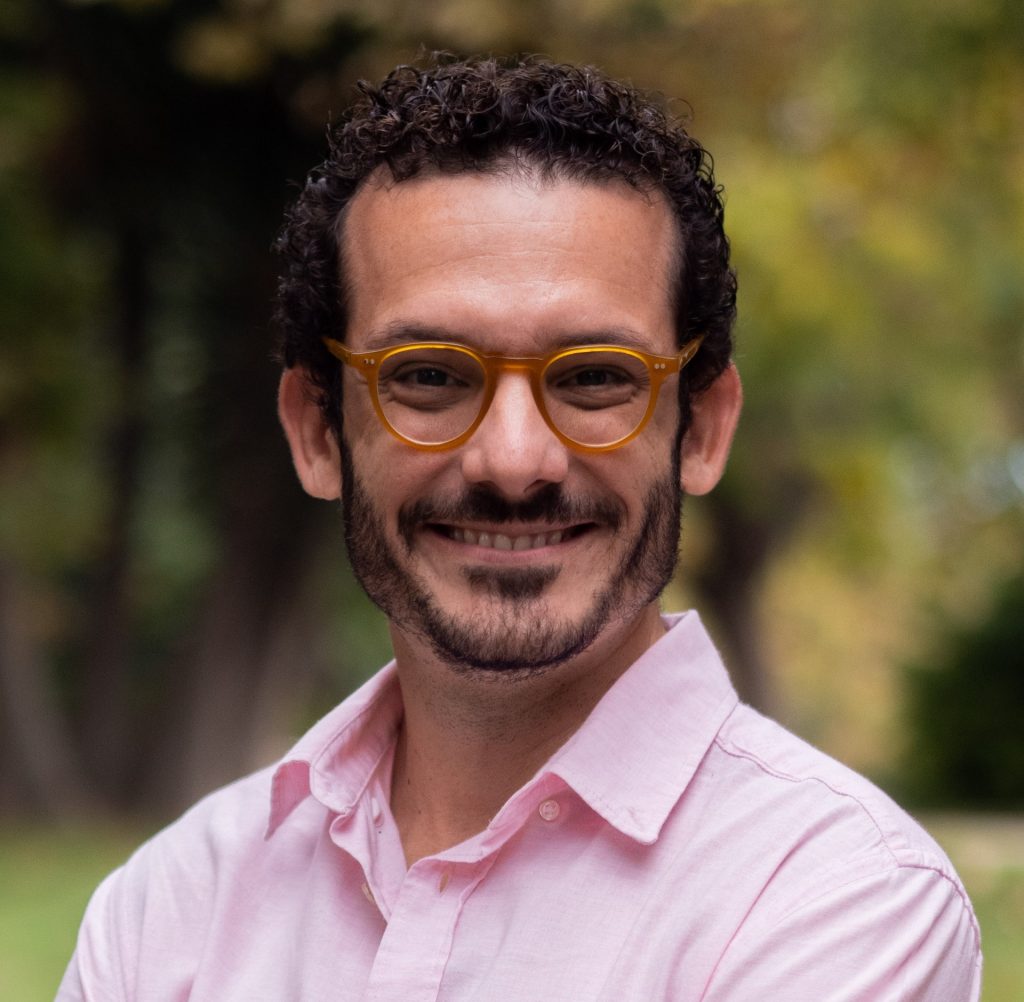
Rodrigo A Lima, Ph.D. is a researcher at Parc Sanitari Sant Joan de Déu in Spain. He is also a member of the Centre for Biomedical Network Research on Mental Health (CIBERSAM), a research centre specialised in mental health. Rodrigo’s recent research focuses on the promotion of mental health and the prevention of mental issues in children and adolescents. Rodrigo has participated in many international projects, especially in school-based interventions and cohorts focusing on various health outcomes in the youth population. Currently, he directs the IMPROVA project (e-Intervention Enhancing Mental Health in Adolescents Project), an EU-funded project to design, evaluate, and facilitate the upscaling of an eHealth intervention platform that promotes mental health and wellbeing, early detection of mental health problems, and prevention of common mental problems in adolescents in France, Germany, Romania and Spain.
Dr. David Stodden (USA)

Dr. David F. Stodden, Ph.D., is a professor in the Educational and Developmental Science Department within University of South Carolina’s College of Education. In addition to being a professor, he is also the director of the Human Performance and Developmental Laboratory. Dr. Stodden’s research surrounds promoting the acquisition and development of fundamental motor skills, as well as the association of motor skill competence with physical activity, health-related physical fitness, perceived competence, and obesity across the lifespan. The findings of his research emphasize the need to address and understand developmental mechanisms and pathways related to youth physical development and trajectories of physical activity and obesity. Dr. Stodden has also examined ballistic skills, allowing him to further explore the behavioral and mechanical nature of multijoint ballistic motor skills.
Anna (Kubíčková) Witzany (Czechia)
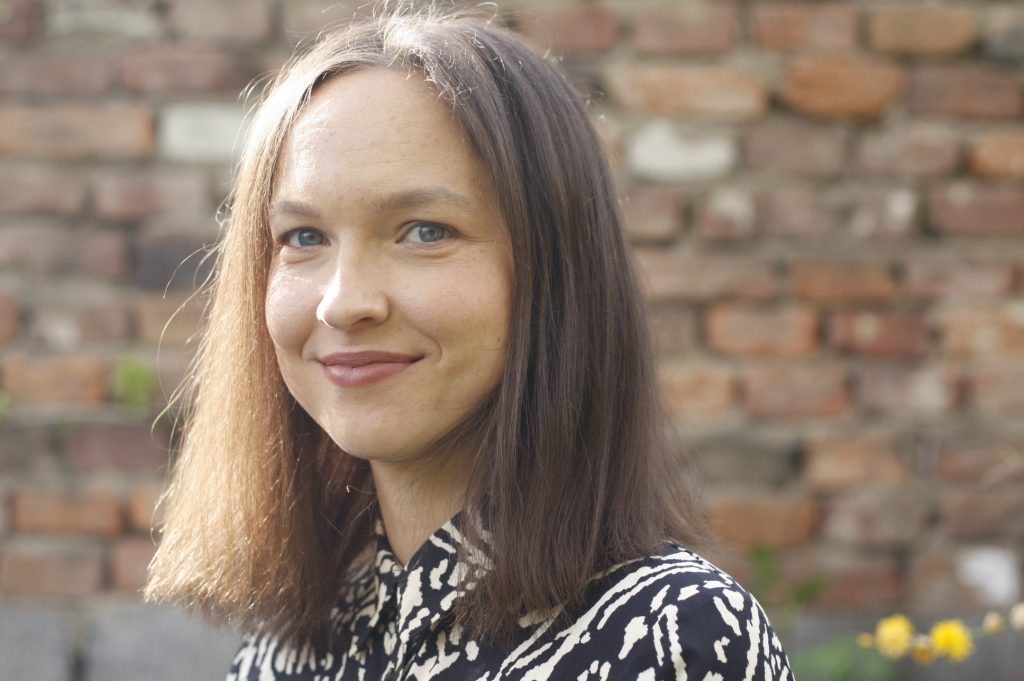
Anna Witzany coordinates the national implementation of the PBIS framework in Czech elementary and lower schools at NNO Society for All (SOFA). She oversees implementation in 40 schools, supervises national PBIS coaches, and contributes publications and methodological resources. Anna is a PhD candidate in Special Education at Charles University. Her research focuses on child behavior, wellbeing, and mental health support within educational settings, with particular attention to multi-tiered systems of support. During her doctoral studies, she completed internships in Illinois (USA) and Vancouver (Canada) through a Charles University Grant Agency project. Since 2020, she has collaborated with international PBIS scholars and practitioners to support the development of a tiered support framework in mainstream Czech education.
Meet the Members
Dr. Abhishek Aggarwal (USA/India)

Abhishek Aggarwal, Ph.D. (he/him) is a postdoctoral research associate at the Center for Alcohol and Addiction Studies (CAAS) at Brown University School of Public Health. He completed his Ph.D. in Health Behavior, Education, and Promotion from the University of South Carolina. He works at the intersection of HIV prevention behaviors and substance use among vulnerable groups. He aims to leverage real-time data-capturing techniques to investigate the dynamics of socio-ecological determinants of substance use, as well as develop and evaluate digital interventions that provide contextualized and timely support.
Dr. Achilles Bardos (USA/Greece)
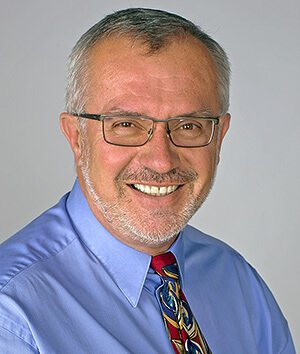
Achilles N. Bardos, Ph.D. is a graduate of The Ohio State University and served as a Professor in the Department of School Psychology at the University of Northern Colorado (1990-2021). Dr. Bardos’ teaching and research interests include educational and psychological assessment, program evaluation, and computer applications in psychology. He has published many articles and book chapters and presented over 250 papers and workshops at national and international conferences. Dr. Bardos co-authored the Behavior Intervention Monitoring Assessment System-2, the General Ability Measure for Adults, a non-verbal intelligence test, the Draw A Person: Screening Procedure for Emotional Disturbance, and the Basic Achievement Skills Inventory–Comprehensive and Survey.
Dr. Tal Dotan Ben-Soussan (Italy)
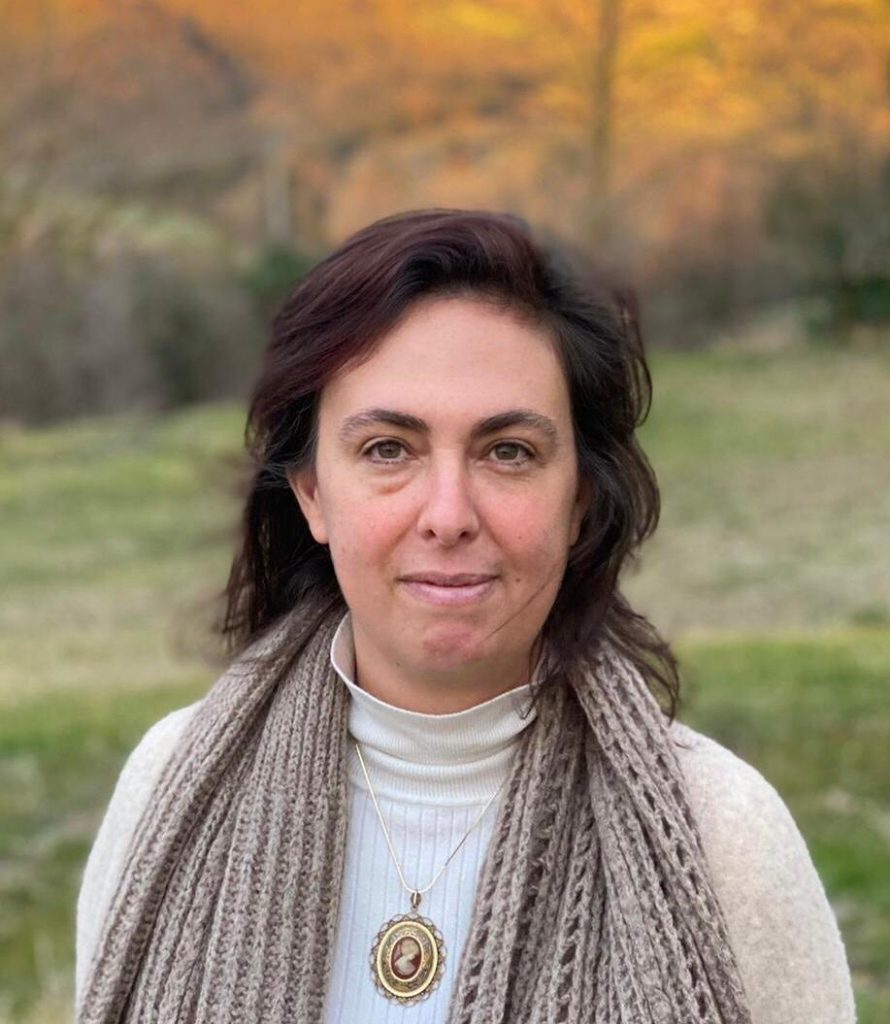
Tal Dotan Ben-Soussan, Ph.D. is the director of the Research Institute for Neuroscience, Education, and Didactics, Patrizio Paoletti Foundation. Ben-Soussan leads studies examining the effects of sensorimotor and contemplative training paradigms on neuroplasticity, cognition, and well-being. Her multidisciplinary approach utilizes electrophysiological, neuroanatomical, and molecular tools to examine the underlying mechanisms mediating cognitive and emotional change. Ben-Soussan’s work on the Quadrato Motor Training has demonstrated that specifically-structured sensorimotor activity can improve neuronal functions, as well as enhance creativity, reflectivity, and spatial cognition. She also examines different models of consciousness and applies neuroscientific tools to examine the interconnectedness of motion, emotion, and cognition in the workplace, schools, as well as in learning disorders and neurodegenerative states.
Dr. Valentin Benzing (Switzerland)
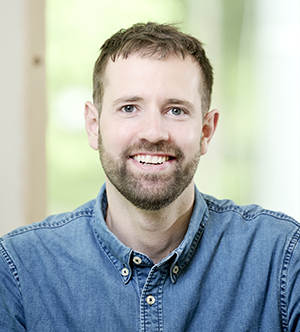
Dr. Valentin Benzing currently is a Postdoctoral researcher, and research group leader, at the University of Bern in Switzerland’s Institute of Sport Science. Their research centers around the connection between physical exercise and cognition, with recent projects including activities like Smart exercise and Exergaming, along with reviews of leisure-time activities and their effects on adolescent mental health.
Dr. Eric Bruns (USA)
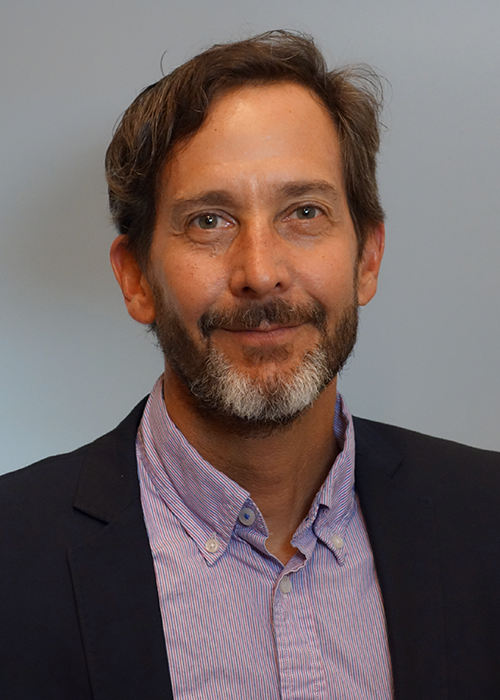
Eric J. Bruns, Ph.D. is a clinical psychologist and Associate Professor in the Department of Psychiatry and Behavioral Sciences, University of Washington School of Medicine. His research and professional activities focus on public child-serving systems, and he is known for his research and development on integrated behavioral health care for youth with complex mental health needs via the wraparound process. Currently, he serves as Co-director of the National Wraparound Initiative, is a leader of the National Technical Assistance Network for Children’s Behavioral Health, and is Associate Director of the University of Washington’s School Mental Health Assessment, Research, and Training (SMART) Center. He has served as Principal Investigator for over 10 federally funded studies of public mental health services and authored over 70 refereed journal articles and book chapters.
Dr. Christian Campos Jara (Chile)
Bio and photo coming soon!
Tucker Chandler, MSW (USA)
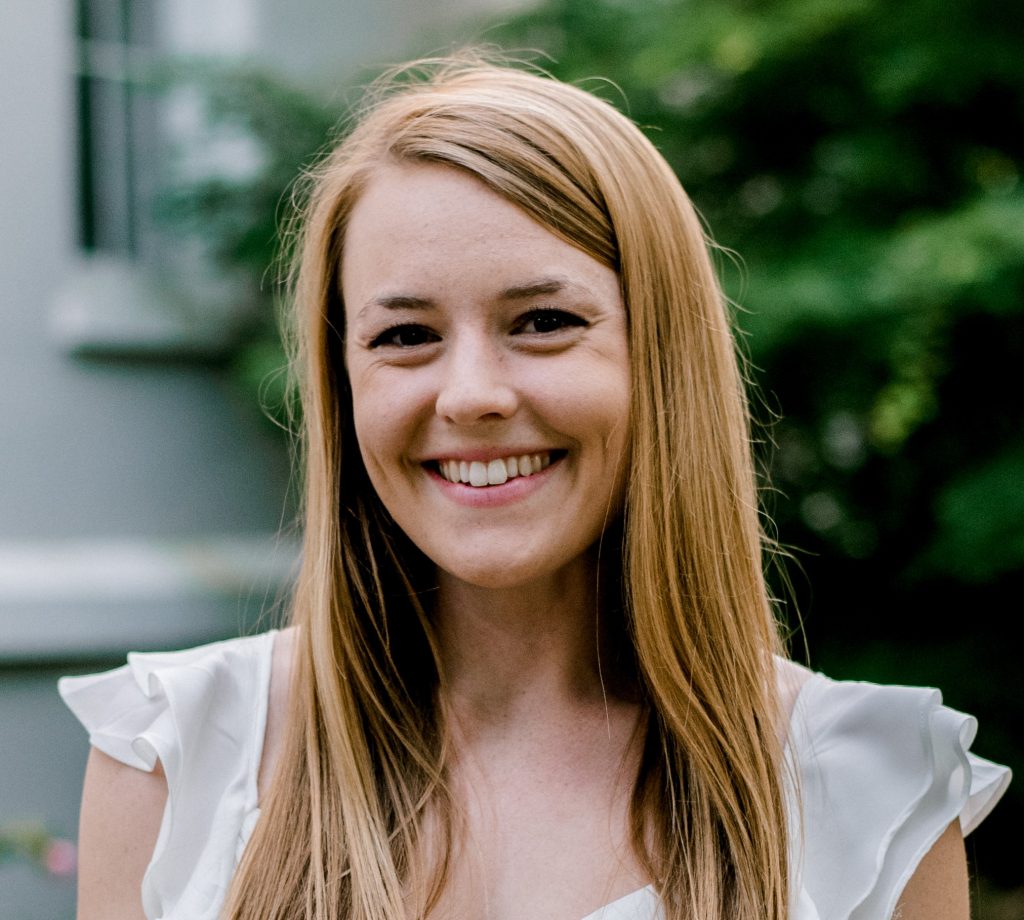
Tucker Chandler, MSW, works as the Senior Program Manager for Program Design with CaroNova, Inc. Tucker formerly worked as a Research Associate on the School Behavioral Health Team at the University of South Carolina. In addition to coordinating SMHILE, Tucker serves as the project manager for the Mental Wellness Through Schools pilot and supports project design and management across CaroNova’s behavioral health portfolio. Her professional interests include implementation science, specifically readiness and sustainability.
Brooke Chehoski, MSW (USA)
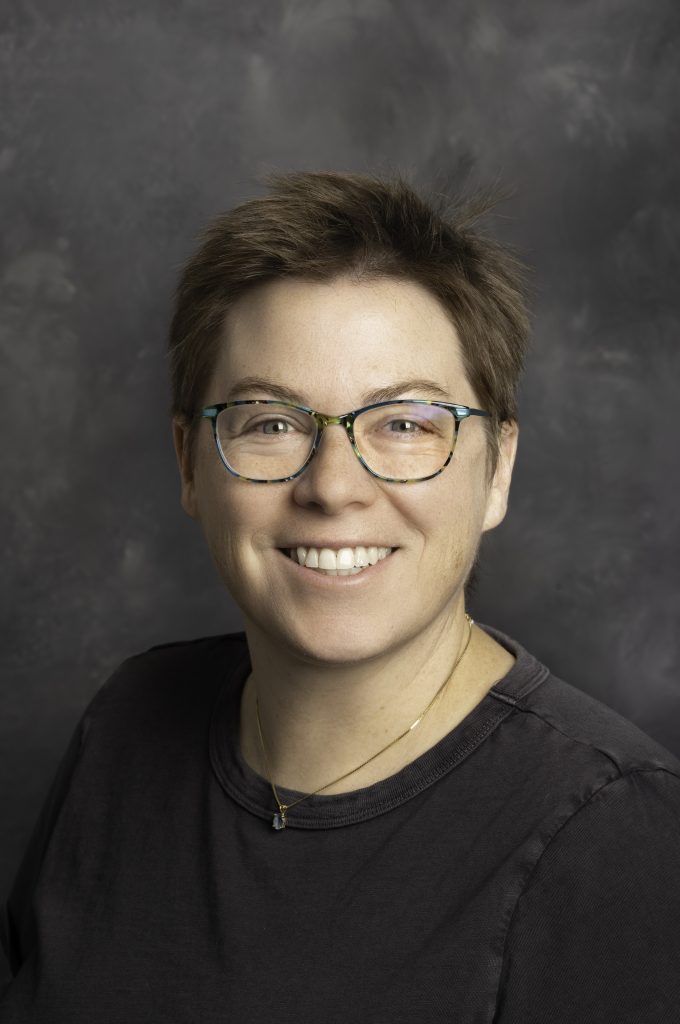
Brooke Chehoski, MSW, works as a Project Manager for the School Behavioral Health Team at the University of South Carolina. In addition to coordinating SMHILE, Brooke has managed two large research trials alongside Dr. Mark Weist and provides grant administration support to projects across the research lab. To stay grounded in community practice, she has served as a volunteer Court Appointed Special Advocate (CASA) since 2017 and is a part-time instructor in the USC College of Social Work.
Dr. Aleisha Clarke (Ireland)

Dr. Aleisha Clarke is a National Programme Manager for mental health and wellbeing with the Health Service Executive (HSE) healthcare system in Ireland. Prior to joining the HSE, she held a range of different positions aimed at supporting children and young people’s mental health including Director of Evidence at the Early Intervention Foundation in London; Marie Sklodowska Curie Fellow at the University of Twente in the Netherlands; visiting scholar at Harvard Graduate School of Education and PEDAL research centre at the University of Cambridge.
Dr. Falonn Contreras Osorio (Chile)
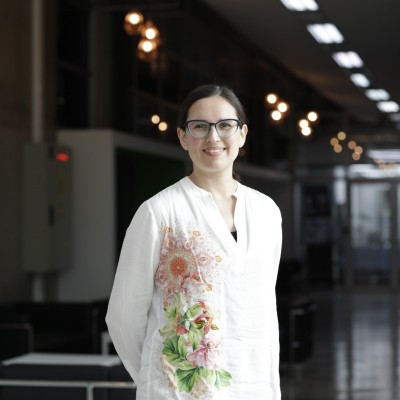
Dr. Falonn Contrearas Osorio is an academic researcher at Andrés Bello National University, working with the Institute of Exercise and Rehabilitation Sciences and the Faculty of Rehabilitation Sciences. They currently hold a PhD in Education Sciences from the University of Grenada, along with a Master in Speech and Language Disorders, University of Talca, and diplomas in Swallowing and Oral Eating Disorders from the University of Chile. Their research focus includes Physical Activity, Cognition and Mental Health, with recent projects involving the effects of physical exercise on executive function in various age ranges and in individuals with Schizophrenia.
Sigrun Danielsdottir (Iceland)

Sigrun Danielsdottir, M.Sc, Cand.Psych, is a child and adolescent psychologist and project manager for mental health promotion at the Directorate of Health in Iceland where her work centers largely on mental health promotion in schools and communities. She has headed several national policy and legislative initiatives on mental health and schools, including a national review of school mental health practices, policy development for school mental health promotion, prevention and support, and preparation for national legislation on school support services and tiered support in pre-, primary and secondary schools. Sigrun is co-leader for the Nordic collaboration on The Child‘s First 1000 Days in the Nordic Countries.
Dr. Dennis J. Edwards (Jamaica)

Dennis Edwards is the former Head of the Psychology Department at the University of the West Indies, (UWI) Mona, Jamaica, where he taught graduate and undergraduate courses in neuropsychology, cognitive, physiological and abnormal psychology/psychopathology as well as train graduate students in psychological assessment and clinical practice. In addition, he was also Head of the Disaster Resilience and Research Initiative in the Social Sciences Faculty as well as external clinical psychology examiner for the Doctor of Medicine Consultants Psychiatry Program in the University Hospital. He has lectured counselling and neuropsychology at the Northern Caribbean University.
Dr. Lenka Felcmanová (Czech Republic)
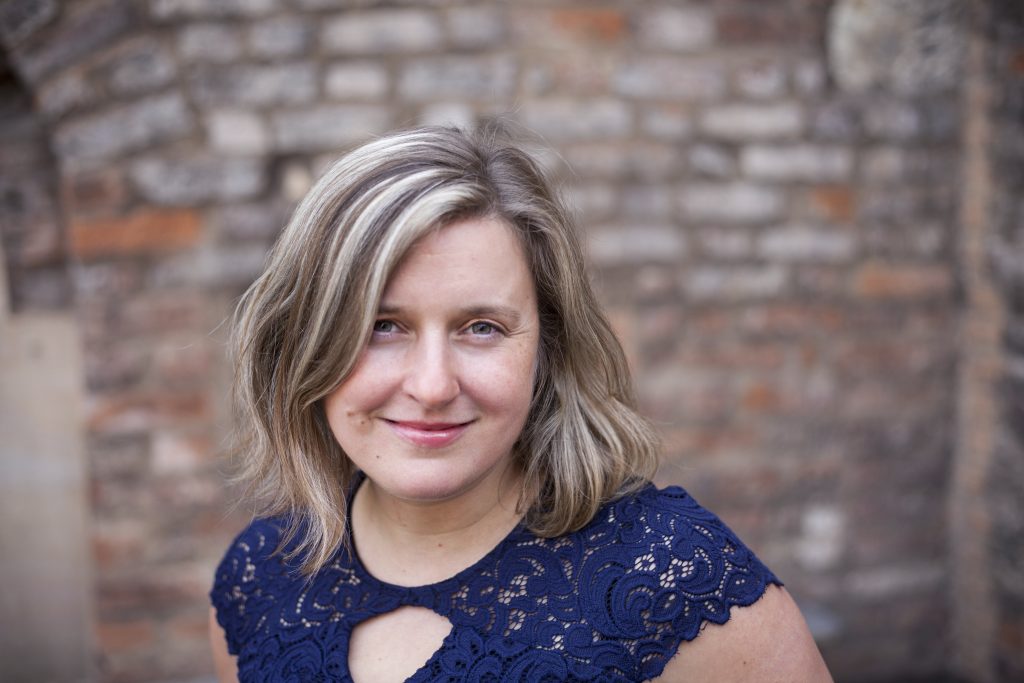
Lenka Felcmanova is Head of Czech Expert Society for Inclusive Education and assistant professor at Department of Special Education, Charles University (Prague, Czech Republic). She is focused on support of education of student with learning disabilities, inclusive education, behaviour management, promotion of wellbeing and trauma informed approach at schools. She formerly worked at the Department of Special Education of Czech Ministry of Education. She is active in professional development of professionals in education and cooperated on development of curriculum for elementary education in the Czech Republic. In CESIE she is focused on localisation of evidence based and evidence informed approaches in support of children with complex needs related to adverse childhood experiences. She is head of Expert group of national initiative Partnership for Education 2030+ focused on promotion of wellbeing at schools.
Dr. Marcin Gierczyk (Poland)
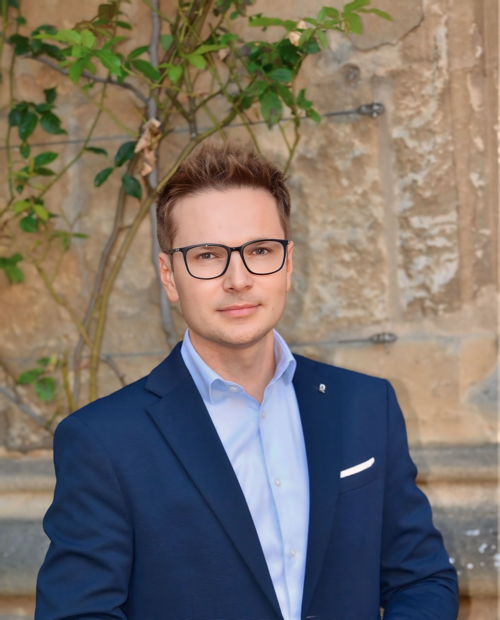
Marcin Gierczyk is a Doctor of Social Sciences in Pedagogy and an associate professor at the Institute of Pedagogy at the University of Silesia in Katowice, Poland. He is an associate member of the McGill Centre for Research on Children and Families in Canada and an Honorary Research Fellow at the Jubilee Centre for Character and Virtues, School of Education, University of Birmingham (UK), as well as at the University of Houston (USA). His research interests include environmental and educational support for gifted children and youth, emotional neglect, domestic violence, child protection, and methodological solutions for diagnosing and optimising the well-being of children and adolescents. He is a co-author of an e-learning platform introduced in schools as part of the EU-funded project me_HeLi-D.
Dr. Gavin Hazel (Australia)
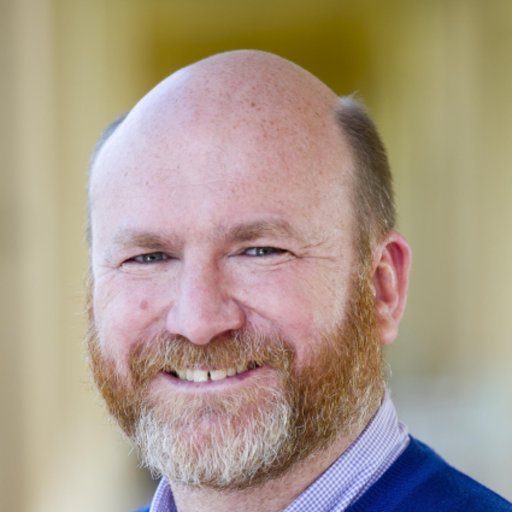
Dr. Gavin Hazel is an experienced education and capability development professional, specialising in the areas of child and youth mental health, wellbeing, and resilience. He is well regarded for his in depth knowledge and understanding of learning and development, mental health promotion, knowledge translation, resource development, and research.
Gavin has worked as a lecturer in teacher education, a research academic, a senior research scientist and a mental health projects manager. He holds a conjoint appointment with the School of Medicine and Public Health at the University of Newcastle.
Dr. Sharon A. Hoover (USA)

Sharon A. Hoover, Ph.D. is a licensed clinical psychologist and Professor Emeritus at the University of Maryland School of Medicine, Division of Child and Adolescent Psychiatry, and former Co-Director of the National Center for School Mental Health, where she lead national efforts to support states, districts and schools in the adoption of national performance standards of comprehensive school mental health systems. Her research and projects focus on creating safe, supportive and resilient schools, and she has worked with the National Child Traumatic Stress Network to train school leaders, educators, and support staff in multi-tiered systems of support for psychological trauma. She has trained school and community behavioral health staff and educators in districts across the United States and internationally. In 2020, Dr. Hoover developed the NCTSN Center for Safe Supportive Schools, aimed at integrating trauma-informed policies and practices in school mental health systems, with a specific focus on social justice and supporting marginalized students and families.
Dr. Tao Huang (China)
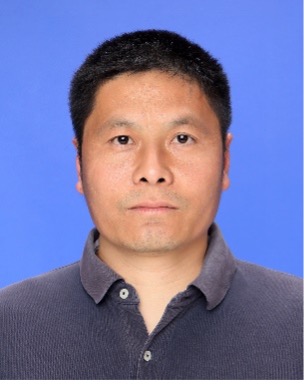
Tao Huang, Ph.D. is an associate professor and the vice director of the Department of Physical Education at Shanghai Jiao Tong University, Shanghai, China. His background is in physical activity and health, and he received a Ph.D. in public health from the University of Southern Denmark. Currently, his research focuses on movement behaviors (physical activity, sedentary behaviors, and sleep) and their relationship to brain and mental health. His interdisciplinary interests also encompass exercise-related cognitive function improvements, as well as the neuropsychological and physiological mechanisms through which exercise benefits both physical and mental health. He currently leads or collaborates on multiple research projects in the field of physical activity and health promotion both in children and adults.
Thomas Lindell (Finland)
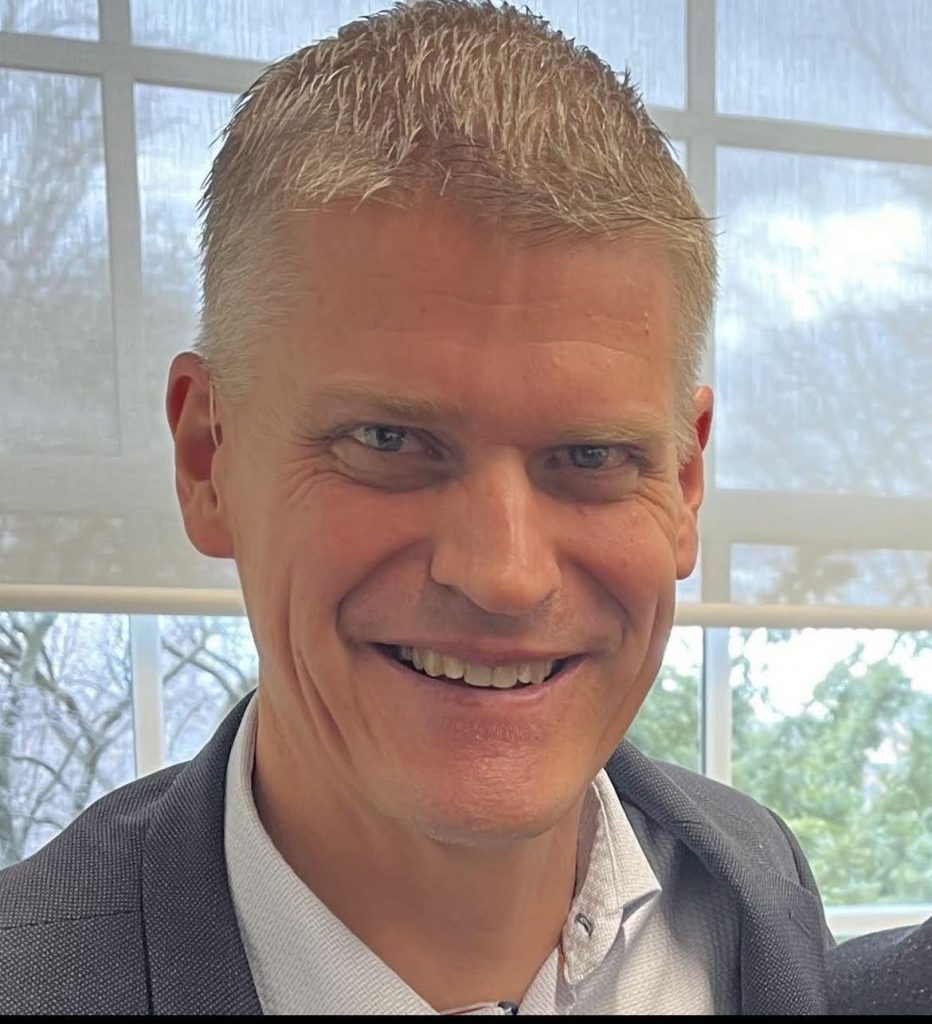
Thomas is a people-focused leader with 20 years of international experience across three countries and multiple industries. His goal is to drive social impact by promoting diversity, inclusion, mental health, and sustainable education within workplaces and communities. He work with organizations aiming to enhance social and environmental responsibility, particularly in Finland, the Nordics, and globally. Thomas’ expertise combines a university degree with certifications in HR leadership, workplace mental health, diversity & inclusion, and advanced gestalt methodology. He has held various HR and executive roles with both global and regional responsibilities and have 11 years of experience in compulsory and adult education. His focus areas include organizational psychology, team development, and fostering employee well-being, engagement, and belonging.
Dr. Robert Lucio (USA)

Bio coming soon!
Dr. Clarice Martins (Portugal)

Dr. Clarice Martins is an Assistant Researcher at the University of Porto. Additionally, she works in the Physical Education Department at the Federal University of Paraiba/Brazil. Dr. Martin’s research interests include physical activity and health, specifically in youth. She has conducted research on movement behaviors and health outcomes in preschoolers, focusing on growth and development. Additionally, she worked on the Movement’s Cool Project, which is a study on the relationships between movement behaviors and health outcomes in preschoolers.
Dr. Robert Porzak (Poland)

Robert Porzak, Ph.D. is an educational psychologist and headmaster of Experimental Psychology Lab at the Faculty of Human Science, University of Economics and Innovation in Lublin, Poland. He advised the Chancellery of the President of Republic of Poland in creating and implementing the Addiction-Free Universities Network program in Poland, analysed epidemiology and correlates of healthy and addictive behaviour, evaluated and assisted the improvement of institutional forms of helping youth at risk of social exclusion in Poland. He has co-authored and led projects focused on school prevention and school mental health principles implementation, supporting learning, teaching and positive behaviour; and has published and presented books and articles for research and solutions for diagnosing and supporting healthy development in schools. Porzak is a Co-founder and member of the board in the “You Have a Chance” Foundation focused on addiction prevention and mental health promotion in schools.
Dr. Peter Paulus (Germany)
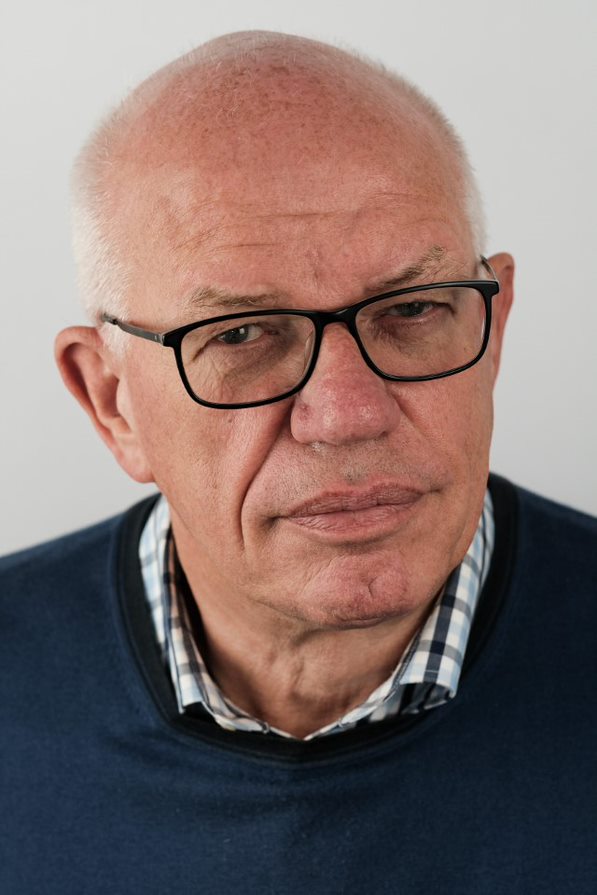
Peter Paulus, PhD, Dipl.-Psych. is Guest Professor and Head of the Center for Applied Sciences of Health (CASH) at Leuphana University, Lueneburg, Germany. Focus of his work is educational psychology, family psychology, health psychology, -education, -counselling and -promotion. He is head of research of several nationwide projects relating to school health promotion e.g. “MindMatters – Promotion of Mental Health and Education in Primary and Secondary Schools”. He is the German representative in the “Schools for Health in Europe (SHE)” network, is member of the steering committee of “European Network Education and Training in Occupational Safety and Health” (ENTOSH) and also member of the core group of the Pool of Experts of the “UNESCO Chair Global Health & Education” (Paris) and last but not lest.member of SMHILE (“School Mental Health International Leadership Exchange”) core development team.
Dr. Caterina Pesce (Italy)

Caterina Pesce has a graduation in Physical Education, a degree in Movement and Sport Sciences, a master of Psychology (Rome) and a PhD in Philosophy (Berlin). She is professor at the University of Rome “Foro Italico”. Her main research foci are in the field of physical activity and cognition (she has pioneered), motor competence and enriched physical education for holistic child development. She has over 100 peer reviewed publications and is author, co-author or editor of several international and national books on physical activity-cognition and physical activity for educational achievement. She has been invited as a speaker at several International and national conferences and symposia, with keynotes in Europe, America and Asia. In her long editorial experience, she actually is associate editor for Mental Health and Physical Activity. She has designed, validated and contributed to scale up a Whole School, Whole Child, Whole Community (WSCC) Corporate Social Responsibility initiative of quality physical activity (“Joy of Moving”) nationally (with > 30,000 classrooms and 700,000 children involved in Italy) and internationally (in Africa, America, Australia and Europe).
Dr. Solveig (Sue) Petersen (Sweden)

Solveig (Sue) Petersen holds a PhD in Pediatrics and an Associate Professorship in Epidemiology and Public Health. She works for the national Public Health Agency of Sweden. Here, her focus is on knowledge development, dissemination and support in the field of school-based child mental health promotion and in mental ill-health prevention in schools. She is also an Associate Professor at the department of Epidemiology and Global Health, Umeå University, Sweden, and an Honorary Associate Professor at Deakin University, Australia. As such, she has for the past decade led research focusing on mental health in children, with a particular interest in schools as a driver of the development of children’s mental health.
Dr. Jenna Rice (United Kingdom)

Jenna Rice is a Postgraduate Doctoral Researcher in the Department of Sport and Exercise Science at Liverpool John Moores University. Her research focuses on enhancing children’s emotional intelligence and motor skills in physical education. Jenna has experience working with at-risk youth to support mental health through school-based interventions. She has also worked with children and adolescents in secure and alternative educational settings. Jenna is passionate about supporting the mental and physical health of children and adolescents through school-based interventions.
Abid Hossain Rion (Bangladesh)

Abid Hossain Rion is a high school graduate and a passionate youth leader from Bangladesh, dedicated to mental health awareness and suicide prevention. He founded MindBridge Innovative Network, a research organization primarily focused on psychology and youth mental health advocacy, and he works to bridge the gap in psychological support for youth, addressing challenges such as academic pressure, relationship struggles, family issues, and other critical factors affecting mental well-being. Abid aims to bring a global perspective to youth mental health challenges in Bangladesh, advocating for better support systems, awareness campaigns, and policy-level changes.
Dr. Luz E. Robinson (USA)
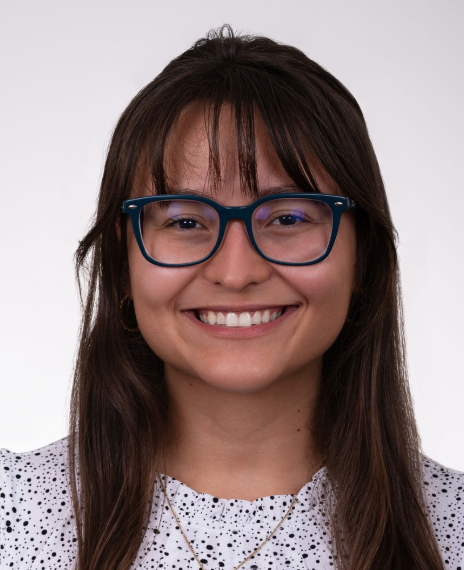
Luz E. Robinson, Ph.D., is an Assistant Professor in School Psychology at the University of South Carolina. She leads CASA RUMBA, a research lab focused on improving school safety, student mental health, and academic functioning. Her work focuses on addressing system-level stressors and increasing protective factors in schools to promote safety and well-being.
Nate Thompson, MSW (USA)
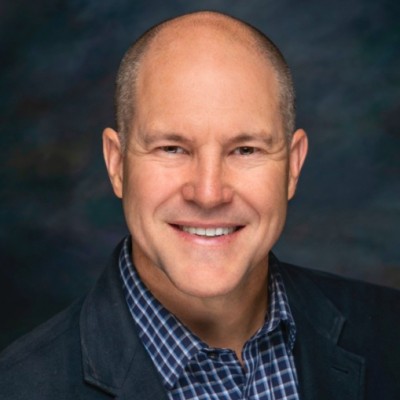
Nate Thompson is the director of Social, Emotional, and Behavior Services at the Littleton Public School District in Colorado. Holding the position since August of 2008, Thompson has worked with professionals internationally to enhance the quality of mental health resources for students of all ages and has spoken at (and led) multiple symposiums around ensuring that mental health services meet student needs. He holds a master’s degree in social work from the Brown School at Washington University in St. Louis and has prior experience as Chief Program Officer at the Tennyson School for Children, and as a Clinical Social Worker.
Dr. Peter Vento (USA)

Dr. Peter Vento is an Assistant Professor in the Department of Psychology at the University of South Carolina’s McCausland College of Arts and Sciences. Dr. Vento is the principle investigator within The Vento Lab on Aversive Learning. Research within the lab focuses on brain pathways mediating aversive learning and cost-benefit decision making. To conduct research, he and the rest of his lab utilize a wide range of behavioral, neuroanatomical, and neurophysiological techniques in rodents to visualize and manipulate distributed neural circuits underlying learning and motivated behaviors. Most of the research incorporates optogenetic, chemogenetic, and optical imaging tools in combination with rodent behavioral paradigms. The goal of his research is to better understand how the brain encodes negative experiences and how these processes might be targeted to combat the consequences of various motivational disorders.
Dr. İlhan Yalçın (Turkey)

İlhan Yalçın, Ph.D. is a professor in the Department of Psychological Counseling and Guidance, Faculty of Educational Sciences, Ankara University, Turkey. His focus on student well-being, positive youth development, professional ethics, and family relationships. He served as vice dean of Faculty of Educational Sciences (2015-2020). Currently, he is the director of Graduate School of Educational Sciences. He served as editorial board member of several academic journals in the field of counseling and education. He was a visiting researcher at the University of North Carolina at Greensboro, Department of Counseling and Educational Development, USA in 2007-2008. He is engaged in some research projects conducted in the schools. For example, he was an expert in a project aiming at developing an orientation program for high school students. He is currently working with colleagues on the student well-being, social and emotional development, and school engagement.
